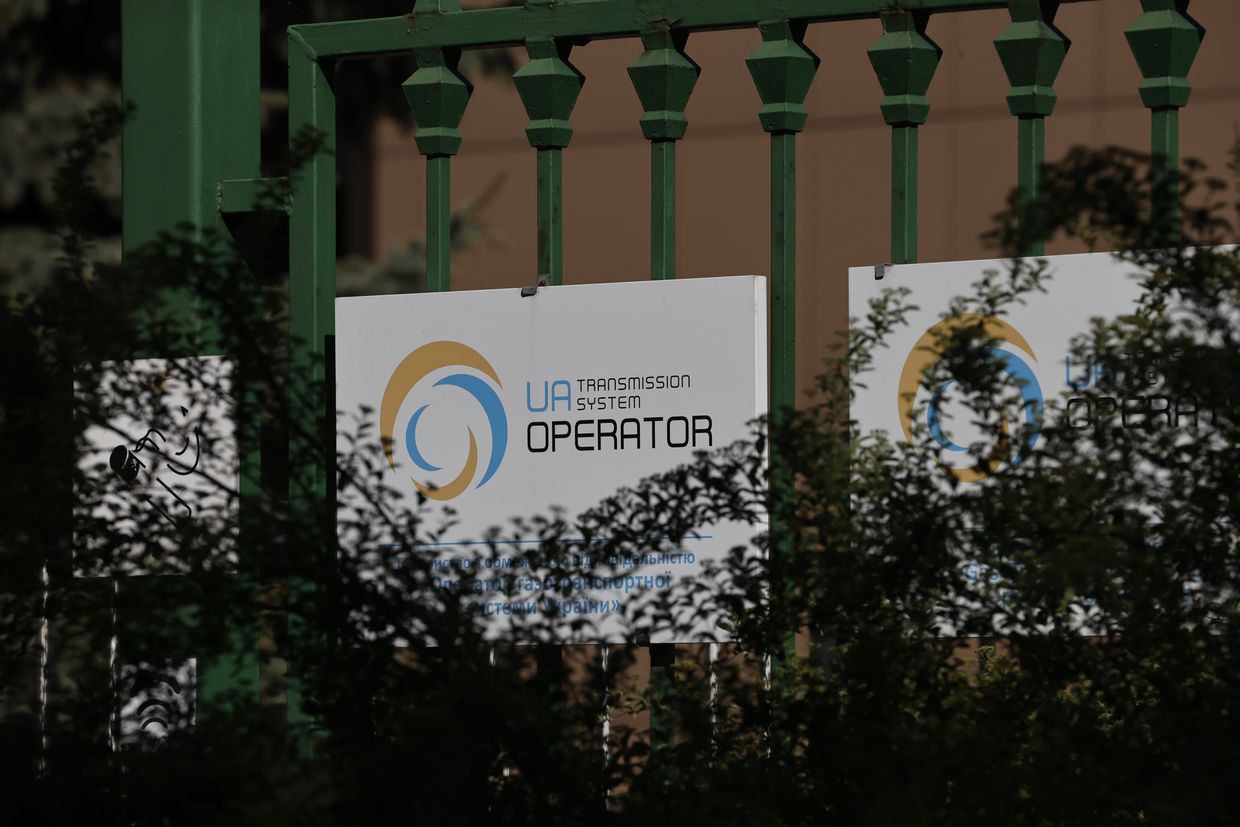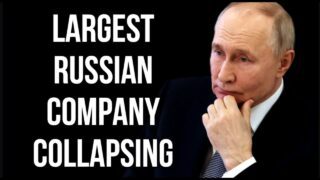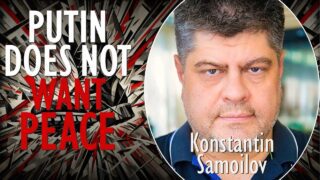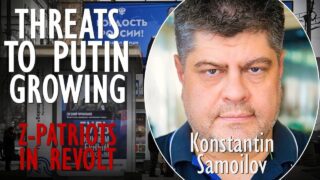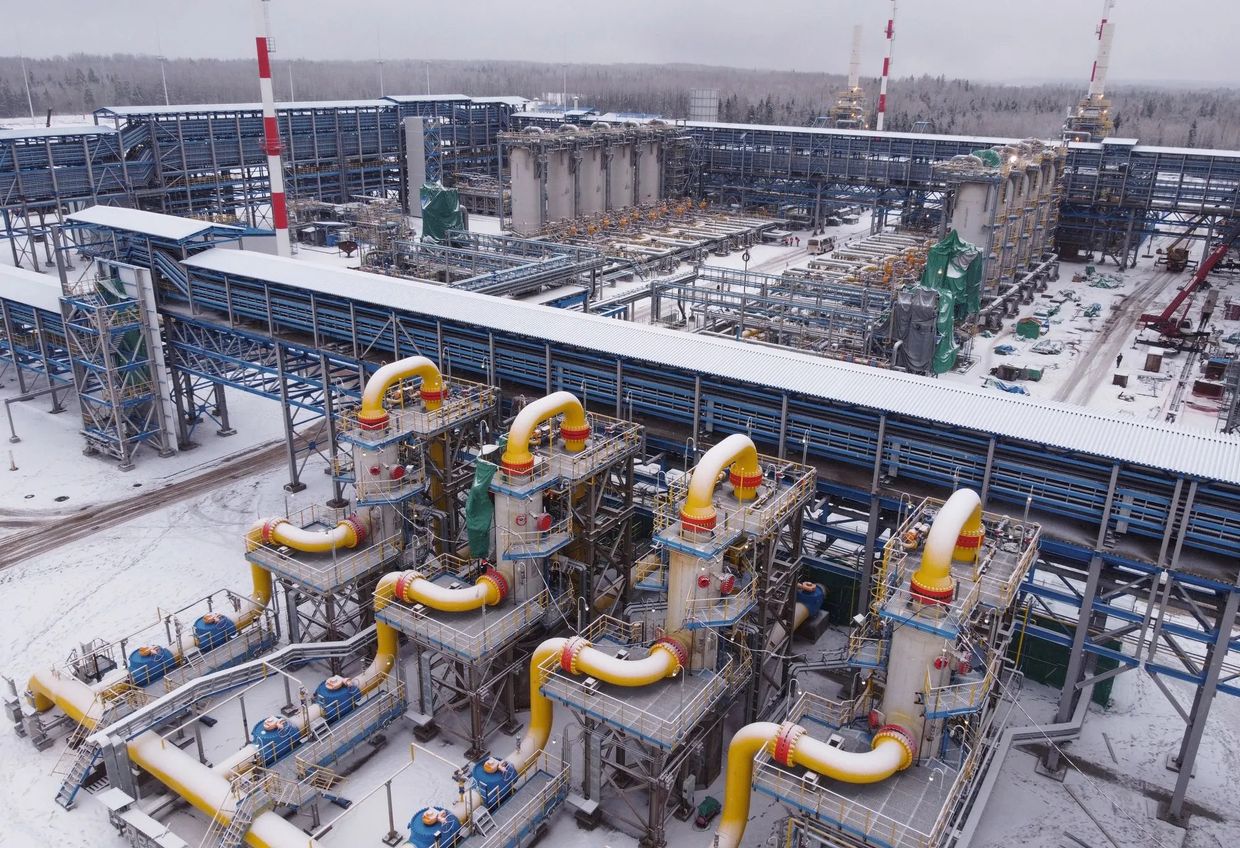
EU won't be impacted by end of Russian gas transit deal with Ukraine, Deutsche Welle reports
Europe will not feel much of an impact when Ukraine cuts gas transit from Russia on Jan. 1, Deutsche Welle reported on Dec. 30, citing a representative of the European Commission.
The European Commission has been preparing alternative routes for over a year after Kyiv made it clear that it would not renew its contract with Russian energy giant Gazprom that ends on Jan. 1.
European infrastructure allows for the flow of gas from other countries, the European Commission representative said. The EU has increased capacity for liquid natural gas (LNG) imports and its energy security has been bolstered by expanding renewable energy sources.
"The impact of the suspension of transit through Ukraine on ensuring the security of EU supplies is limited," she said.
Ukraine and Russia signed the deal in 2019 and Moscow has since paid Kyiv roughly $800 million a year to transit its gas to Europe through the Druzhba pipeline, even during the full-scale invasion.
However, Ukraine repeatedly emphasized that it will not renew the contract once it expires which will cause Gazprom to lose $5 billion in annual sales.
On its final day, Gazprom said it would only send 37.2 million cubic meters (mcm) of gas through the pipeline instead of 42.4 mcm, which it supplied on Dec. 30, Reuters reported.
While most EU countries have moved away from Russian energy, the end of the deal will most impact Slovakia. Slovakian Prime Minister Robert Fico met with Russian President Vladimir Putin on Dec. 22 to discuss gas supplies, and said on Dec. 27 that Bratislava would cut electricity supplies to Ukraine if Kyiv doesn’t renew the deal.
Slovakia’s neighbor and Russia’s ally, Hungary, will continue to import Russian gas via the TurkStream pipeline.
Ukraine’s Gas Transmission System Operator warned that Ukraine’s gas transit infrastructure could come under Russian attacks following the end of the deal.
"We are taking all measures to ensure the security of our facilities," CEO Dmytro Lyppa said on Dec. 4.
